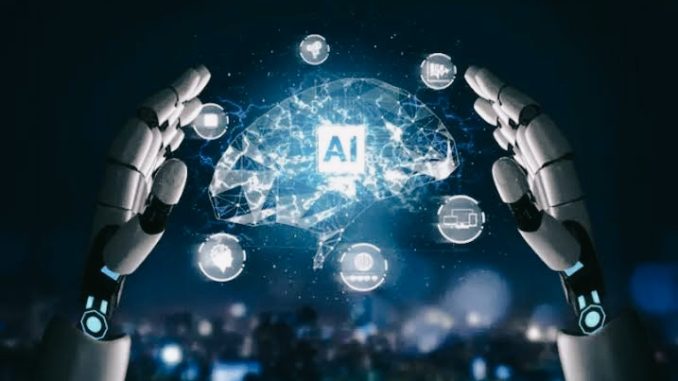
Artificial Intelligence (AI) has rapidly become a transformative force in the business world, revolutionizing operations, enhancing decision-making processes, and driving innovation across industries. In this article, we explore the multifaceted impact of AI on businesses, highlighting its role in driving efficiency and fostering innovation in the digital age.
At its core, AI refers to the simulation of human intelligence processes by machines, including learning, reasoning, and problem-solving. Through advanced algorithms, machine learning models, and neural networks, AI systems can analyze vast amounts of data, extract meaningful insights, and perform complex tasks with speed and accuracy, making them invaluable tools for businesses seeking to gain a competitive edge in today’s data-driven economy.
One of the key benefits of AI in business is its ability to automate repetitive and mundane tasks, freeing up human employees to focus on more strategic and creative endeavors. From data entry and customer support to financial analysis and inventory management, AI-powered automation streamlines operations, reduces costs, and improves efficiency, enabling organizations to achieve more with less.
Moreover, AI enhances decision-making processes by providing real-time insights and predictive analytics that enable organizations to make informed decisions based on data-driven evidence. By analyzing historical data, identifying patterns and trends, and forecasting future outcomes, AI systems empower businesses to optimize strategies, anticipate market changes, and seize opportunities proactively, leading to better outcomes and competitive advantage.
In addition to driving efficiency, AI fosters innovation by enabling organizations to develop new products, services, and business models that address emerging market needs and trends. Through machine learning algorithms and natural language processing techniques, AI-powered systems can identify customer preferences, personalize experiences, and deliver tailored solutions that resonate with target audiences, driving customer satisfaction and loyalty.
Furthermore, AI is transforming customer engagement and relationship management through the development of chatbots, virtual assistants, and conversational AI platforms. By providing personalized recommendations, answering inquiries, and resolving issues in real-time, AI-powered chatbots enhance customer interactions, improve satisfaction levels, and drive sales and retention.
In the realm of marketing and advertising, AI is revolutionizing the way businesses reach and engage with their target audiences through data-driven insights and predictive analytics. AI algorithms analyze consumer behavior, preferences, and interactions across multiple channels to deliver targeted advertising campaigns, personalized content, and tailored recommendations that resonate with individual users, driving conversion rates and ROI.
Despite its myriad benefits, AI adoption in business also presents challenges, including data privacy concerns, ethical considerations, and the need for skilled talent capable of developing and deploying AI-powered solutions effectively. Organizations must address these challenges by implementing robust data governance frameworks, ensuring transparency and accountability in AI algorithms, and investing in continuous education and upskilling programs for employees.
In conclusion, Artificial Intelligence is revolutionizing the way businesses operate, driving efficiency, and fostering innovation across industries. By leveraging AI-powered automation, analytics, and customer engagement tools, organizations can streamline operations, optimize decision-making processes, and deliver personalized experiences that drive growth and competitive advantage in the digital age. As AI continues to evolve and mature, its impact on businesses and society will only continue to grow, reshaping the way we work, interact, and innovate in the years to come.